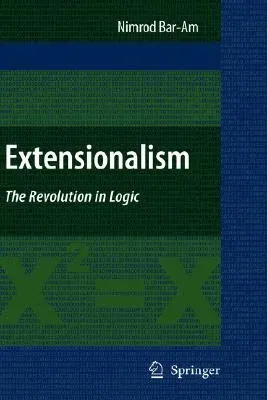a single life-span. Philosophers, then, do not see more or know more,
and they do not see less or know less. They aim to see less detail and
more of the abstract. Their details, if you like, are abstractions.
Walking on God's earth as a pedestrian, as a farmer working his fields
or as a passer-by, one's picture of one's surroundings is every bit as
intelligent as that of the pilot riding the sky. The views of the field
are radically different, however. One sees only a specific field and in
all lively detail: the exact pattern of the land, or even the exact
outline of a given leaf, grasshopper, grain of sand even. Acquaintance
with minute detail is not without its price: details may stand in the
way of conjuring the big picture. It may be difficult to compare
whichever field one happens to be in with far off fields, with respect
to their size or shape or any other quality. One may wish to inquire if
far off fields were already planted, harvested, or even if they exist. A
pedestrian may find it hard or even impossible to do so. The pedestrian
view contains fine points that the pilot's map never would, but it does
not necessarily contain more information, for it lacks the general
context. After all, there are only so many items that one can observe
and account for at a single glance, a single map, a single book, a
single life-span.

